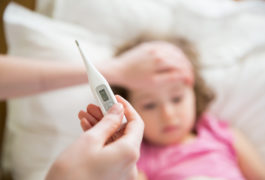Evidence linking acetaminophen to autism, ADHD under debate again
As acetaminophen lawsuits make their way through the U.S. court system, researchers reevaluate the quality of the evidence linking in-utero exposure to the painkiller to neurodevelopmental issues in children.







